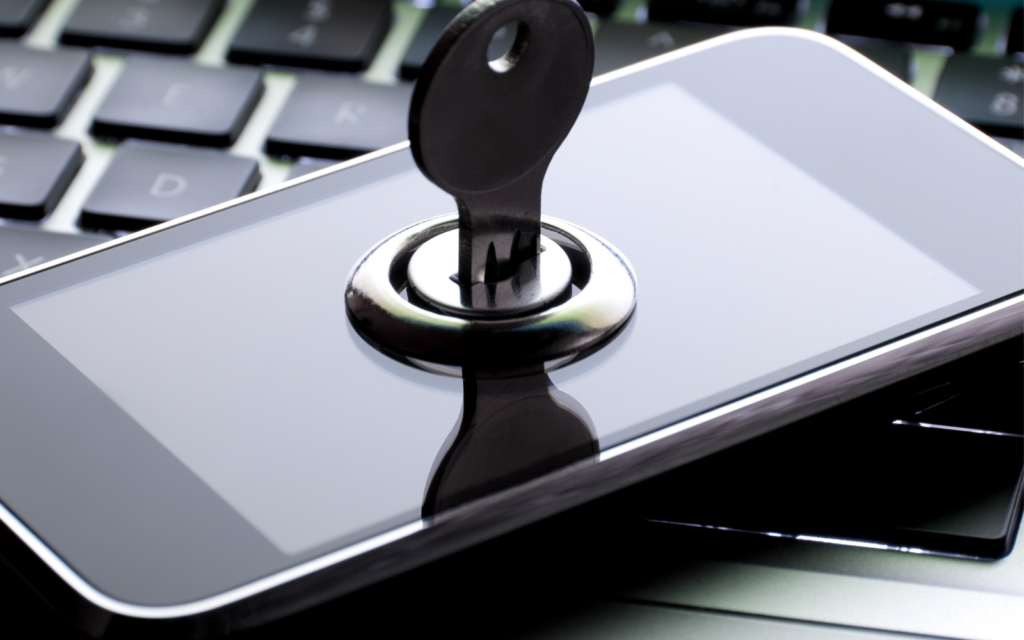Having your phone stolen is bad, but having what’s on it stolen is worse. Stuff digs into the best ways to lock down data and devices to protect yourself from nefarious types.
The basics
Use better passwords
Make device passcode locks alphanumeric. Use a password manager and, when setting any new passwords, avoid easily identifiable strings of characters or letters. Never· use the same passwords ( or parts of passwords) across multiple apps and services. Use random strings for account recovery challenges. not real answers that a third party could figure out.
Thwart phishing
You might laugh at terrible phishing emails from ‘Appl cloud’, but many of these fakes are now getting more sophisticated, directly cloning the visual style of big brands. Be war·y of tapping on links asking you to sign in from email – instead, manually log into accounts the usual way and check whether things are OK from there.
Test biometrics
You want the barrier that stops others from getting at your stuff to be secure but frictionless for you. On that basis. consider biometric unlocking for your devices, using fingerprint or facial scanning. But research the best option for the kit you own: facial scanning remains spotty on some Android devices.
Read More: How to beef up your cybersecurity
Secure sensitive data
In the same way you wouldn’t put your PIN and credit card number on a sticky note for all to see, make sensitive data on your phone harder to access. Place relevant content behind passwor·ds or biometric locks. Some apps, such as Apple’s Notes, allow you to do this on a per-item basis.
Consider a VPN
A virtual private network encrypts your data and hides your IP address. On public Wi-Fi, using a VPN will shield your activity … but VPNs aren’t created equally. First research whether a VPN’s creator is trustworthy with your data. And be mindful that VPNs won’t protect you from phishing and other issues.
Check those passwords
Go online
Enter your email address or mobile number at haveibeenpwned.com and you’ll see whether it’s been in a data breach. If so, changing related passwords would be a very good idea.
Perform a local audit
Android and iOS can also help. Their respective Settings apps include password checkups with security recommendations. These flag compromised and weak passwords, and those you’ve reused across multiple accounts. Change them all as soon as you can.





